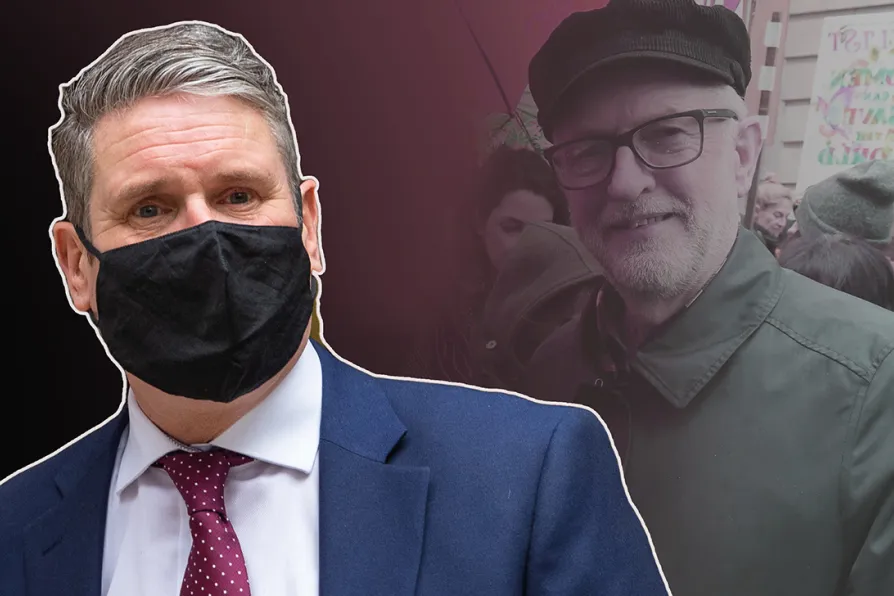John Wojcik pays tribute to a black US activist who spent six decades at the forefront of struggles for voting rights, economic justice and peace – reshaping US politics and inspiring movements worldwide


THERE should be no illusions about previous Labour governments. For the most part they have served the interests of the ruling capitalist monopolies, even when they were making concessions to popular concerns.
All were led by right-wing leaders who justified their betrayal of promise and principle with social-democratic notions such as the neutral state, nation rather than class and “benign” imperialism.
But what about Attlee’s much-vaunted government of 1945? It was the worst of the lot. How dare I make such a charge? Because, unlike other Labour governments, it had a real opportunity to change the world for the better — and didn’t even try.

In part II of a serialisation of his new book, JOHN McINALLY explores how witch-hunting drives took hold in the Civil Service as the cold war emerged in the wake of WWII

There is no doubt that Trump’s regime is a right-wing one, but the clash between the state apparatus and the national and local government is a good example of what any future left-wing formation will face here in Britain, writes NICK WRIGHT











